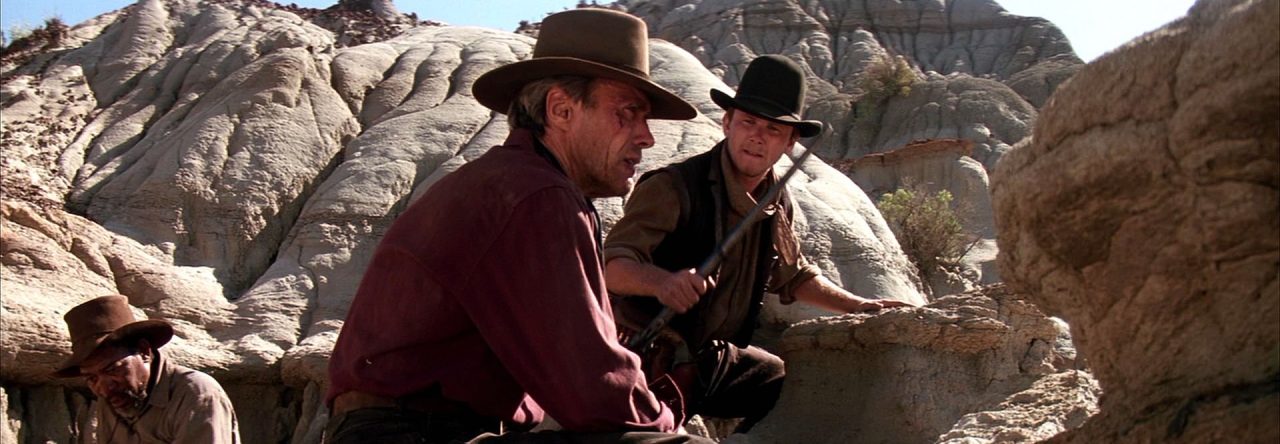Hello Cinéphiles!
As part of our remote learning, I’m going to require you to turn in answers to the study questions for the readings. You will answer these questions in teams. Here’s what I recommend:
- Each team should create a google doc on which to record your answers. That way, everyone can participate in answering the study questions.
- The study question responses will be due before class the day that reading is listed in the syllabus. For example, the study questions for the Delollio article will be due before class on Thursday, Apr. 2nd. Email me links to the google docs for your team.
- Team leaders will be in charge of coordinating communication within the teams. I don’t care what communication means you use: Zoom sessions, texting, email, telephone, etc. You needn’t use the same method of communication for every reading; some members might prefer one or the other, so switching up is probably a good idea.
- EVERY TEAM MEMBER SHOULD PARTICIPATE IN ANSWERING QUESTIONS FOR EVERY READING. You may not just assign each team member one of the readings and leave it at that. At the end of the semester, each team member will grade his or her fellow members on participation, so that you will all be accountable to one another.
The teams and team leaders are listed below:
The Cuarons
Alex Finley (team leader)
Liam Lassiter
Claire Silverman
Sean Zollner
The Farhadis
Kai Aweau
Whitney Clark
Mariah Charlton (team leader)
Marty Durkin
The DuVernays
Kyle Gardner (team leader)
Matt Laforteza
Ruofan Jiang
Wendy Yu
The Peeles
Luke Crawford (team leader)
Aidan Doyle
Jackson Engstrom
Daniel Kunath
The Bongs (and no laughing about the fact that this team is the bongs)
Ben DeLemos
Eamonn McDonald
Will Shapiro
John Wisdom
